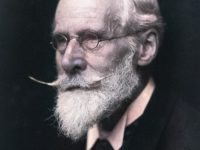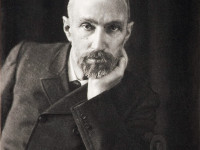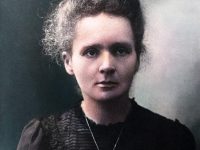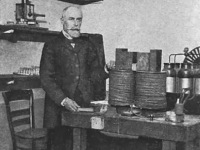Sir William Crookes and the Fundamentals of Luminescence
On June 17, 1832, British physicist, chemist, science journalist, and parapsychologist Sir William Crookes was born. Crookes visualized cathode rays, discovered the fundamentals of luminescence and isotopes, and developed methods for detecting ionizing radiation. He discovered the chemical element thallium and the thorium isotope 234Th. William Crookes – Biographical Background William Crookes was born in London, the eldest son of the second wife of Joseph Crookes, a very wealthy tailor. He attended…
Read more






